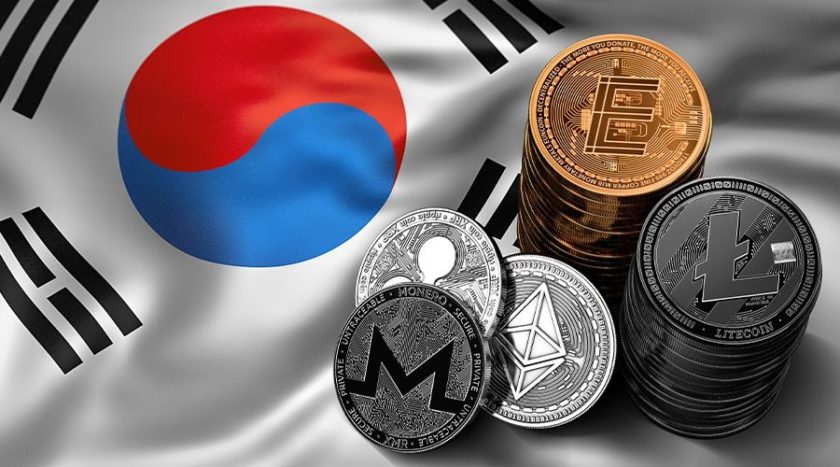Fractional ownership has become a hot topic in the decentralized world. Now that many industries have integrated blockchain technology, which are the latest industries jumping aboard the trend of fractionalization? How can it improve accessibility to the market of high-end collectibles? Read on to find out.
Driven by fast-paced blockchain technology adoption, the concept of fractional ownership has had a recent increase in its usage and familiarity on the world scene. As a result, what was once an idea understood mainly by those operating in the stock market is now part of the vernacular of newcomers to the world of investments and crypto.
The world has just begun getting used to the idea of ownership of digital assets via NFTs, but typically that ownership would pertain to only one buyer at a time. Last March, history was made when a Beeple NFT was sold for $69 million to collector MetaKoven. While attention was drawn to the price tag, it was also interesting that MetaKoven had bought several of Beeple’s works before the record-breaking piece, only to divide the ownership into blockchain-based tokens then and sell them to the public. It was a prime example of fractionalizing a digital asset, and we’re about to see a lot more of these types of investment opportunities on offer in the years to come.
In addition to NFTs, the aviation space is also making waves by using fractional ownership to offer on-demand flight services to multiple investors of unique luxury aircraft. For example, VoltAero, a French hybrid-electric aircraft developer, has launched a fractional ownership program for its five-seat Cassio 330, eventually followed by two follow-on models with more seating space. Jean Botti, former Airbus chief technology officer, commented, “Cassio will open a new era of highly sustainable air transportation in Europe with on-demand flight services for those who join our fractional share ownership.”
The critical aspect of NFTs is their ability to be used to establish authenticity and the transference of rights. Therefore, there’s a window of opportunity for entrepreneurs looking for new industries to innovate in through the capacity of NFTs and blockchain tech. For example, traditional and digital real estate in the Metaverse has been some of the main spaces allowing NFTs to fuel the incorporation of fractional ownership in the modern world. Right now, deeds serve the function of representing ownership of property in the real world. However, now that NFTs can also be used to represent ownership of real-life properties, there’s the potential for NFTs to bypass trusted intermediaries in property purchases, such as title insurance companies, escrow holders, and lawyers. In addition, since investing in real estate can require substantial funding, some entrepreneurs use NFTs and crypto to raise capital for their projects. For example, in 2018, the St. Regis Aspen Resort sold an 18.9% ownership stake in the hotel through token sales of “Aspen Coins.”, which could be bought with U.S. dollars, Bitcoin, or Ethereum.
A new alternative asset exchange has recently entered the Web3 stage – Jupiter Exchange. By digitizing and fractionalizing iconic real-world assets on the blockchain, the platform allows passionate collectors to own a piece of objects previously reserved only for a select few. What’s more, Jupiter differentiates itself from other alternative asset exchanges by adding liquidity to the selected assets and creating a much larger pool of sellers and buyers.
Jupiter Marketplace creates iconic products as single NFTs, which then are fractionalized into a number of ownership tokens of equal worth. Once the ownership tokens are sold, they can be traded on Jupiter Exchange with a real-time pricing model. Whether one is a passionate collector or a retail investor looking to diversify their portfolio, Jupiter Exchange is the platform to watch. Having recently raised $5 million in seed funding, Jupiter Exchange is set to launch very soon.
Collecting comes with several challenges, and Jupiter Exchange aims to reduce the collectors’ pain points. Even high-profile individuals like NFT/Pokémon card collector Logan Paul ran into a scam after paying $3.5 million on what he thought was a “sealed & authenticated box of 1st Edition Pokémon cards”, only to find that was not the case. Interestingly, the box had been validated as authentic by the Baseball Card Exchange. Bolillo Lajan San, the well-known and respected card collector who sold him the box, also believed it was legitimate – clearly showing the need for NFTs in the world of both physical and digital collectibles.



